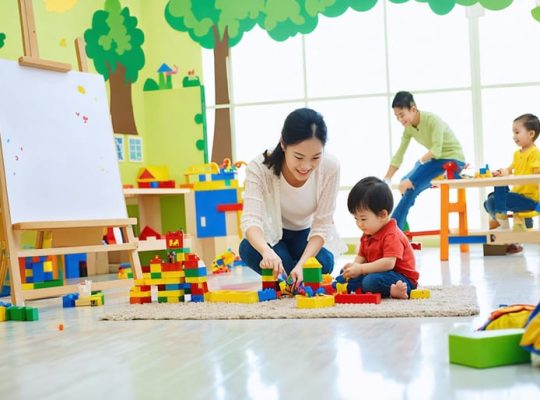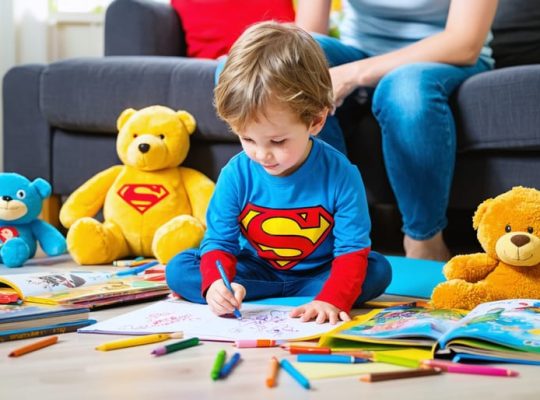How Digital Outreach is Transforming Children’s Mental Health Support
Digital outreach transforms how we connect with young people struggling with mental health challenges. By meeting children and teens where they already spend significant time – in online spaces – we can bridge critical gaps in mental health support and create meaningful connections that save lives.
Recent studies show that 95% of teens have access to smartphones, making digital platforms an invaluable tool for mental health professionals, educators, and parents. Through carefully designed digital outreach programs, we can offer immediate support, reduce stigma, and create safe spaces for vulnerable youth to seek help on …










